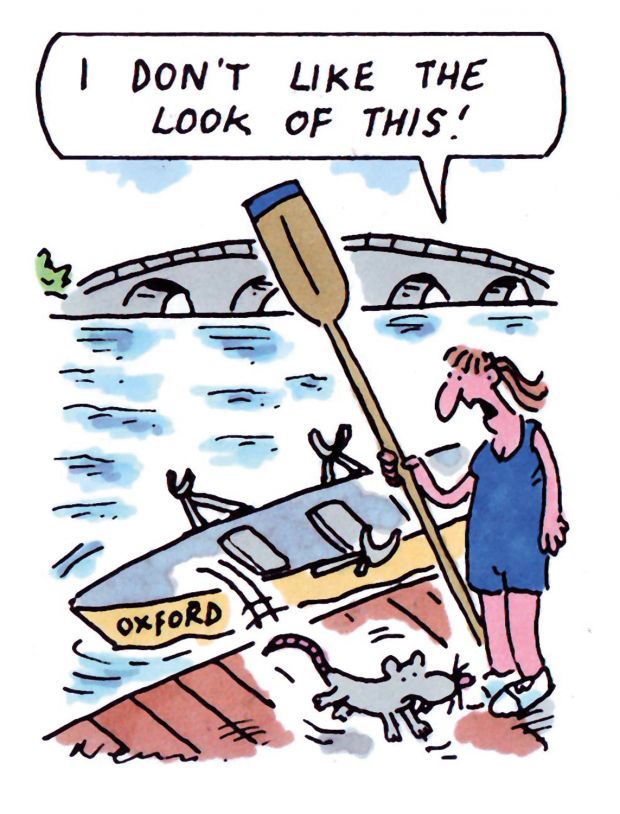
- The cancelling of a conference on Israel that was due to take place at the University of Southampton this month has prompted uproar among many academics, who say that the decision is stifling freedom of speech. Plans for the event, titled International Law and the State of Israel, were already on a knife-edge after attracting considerable criticism from Jewish groups and MPs, with communities and local government minister Eric Pickles describing it as “a one-sided diatribe”. A spokesman for the university confirmed last week that it had now decided to withdraw permission for the event, but insisted that this had “not been influenced by the content of the conference or any representations made to the university”, but “purely on concerns about the safety of conference attendees, staff, students and the public”. In response to the decision, the conference organisers issued a statement saying that they plan to “launch legal efforts at the High Court”, with barristers acting for them filing “grounds for an urgent judicial review of the decision”. More than 9,000 people have also signed a petition to the university, calling on it to “uphold free speech and allow the conference on Israel and international law to proceed”.
- The University of Houston has been criticised for paying film star Matthew McConaughey $135,000 (£91,000) to speak at its May graduation ceremony, reported Inside Higher Ed on 2 April. The Interstellar star will donate his fee to charity, but there was still unhappiness in many quarters, with some readers thinking that the university’s 1 April announcement was a joke. One Houston resident paraphrased the actor’s catchphrase that the fee was “not alright, alright, alright”, while an academic wondered what the university paid its adjunct professors. But an agency for celebrity speakers said that some could command up to $500,000, and it was a great way to advertise the institution. “Quite honestly, this is not out of the norm,” said Margo Sarlo, director of marketing at All American Entertainment.
- The University of Oxford’s Boat Race crew will hope for better luck this weekend than their women’s team, who had to be rescued by a lifeboat during training, BBC Sport reported on 2 April. The women’s crew – whose varsity race will take place before the men’s competition on 11 April – were plucked from the Thames on 2 April after their boat was deluged by waves caused by high winds. The Chiswick lifeboat took the crew to Putney, then the sunken boat was recovered and returned to Oxford’s base, it said. Ian Owen, the helmsman of the lifeboat, added: “The weather can be unpredictable on the Thames and the Oxford University team dealt with the situation as safely and calmly as possible.”
- Campaigners against sexual assault on US university campuses have expressed fears that the discrediting of a Rolling Stone article about the alleged gang rape in 2012 of a student could damage their cause, The Guardian reported on 6 April. Rolling Stone retracted its story about a sexual assault at the house of a University of Virginia fraternity after an investigation by the Columbia University Graduate School of Journalism found that the magazine had failed in “basic, even routine journalistic practice”. Sharyn Potter, a medical sociologist at the University of New Hampshire and the co-director of Prevention Innovations, an initiative to end violence against women, told the newspaper that she was worried that the “whole issue of campus sexual assault is going to get muddied up in what the reporters did and didn’t do”.
- Higher education became one of the focal points of the televised pre-election leaders’ debates, broadcast live on ITV on 2 April. Liberal Democrat leader Nick Clegg gave a lesson in straw-clutching by seeming to declare that his party had done “the next best thing” to abolishing university tuition fees by tripling them; Labour leader Ed Miliband stated that Mr Clegg had betrayed young people; while prime minister David Cameron said that the government had enabled more people to go to university by lifting the cap on undergraduate numbers. Times Higher Education is surveying all UK university sector employees to find out how they will be voting next month. Click here to take part by 17 April.
Register to continue
Why register?
- Registration is free and only takes a moment
- Once registered, you can read 3 articles a month
- Sign up for our newsletter
Subscribe
Or subscribe for unlimited access to:
- Unlimited access to news, views, insights & reviews
- Digital editions
- Digital access to THE’s university and college rankings analysis
Already registered or a current subscriber? Login
